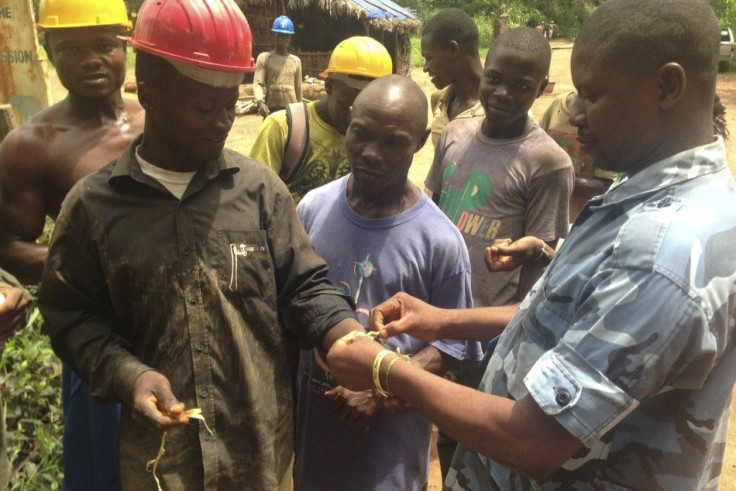White House to Put More Pressure on Australia in G20 to 'Do More' Against Ebola

The United States is expected to put more pressure on Australia for the country to do more in the global response against Ebola in West Africa. Australia's travel restrictions on people coming from Ebola-affected countries were also described as "counterproductive" at a time when the world is scrambling to get more help.
In a statement, U.S. national security adviser Susan Rice revealed that the White House will continue to urge Australia and other partner countries at the G20 summit in Brisbane in November. She encouraged other nations to respond to the United Nations' appeal for more healthcare workers, medical supplies and treatment beds, according to reports.
Rice said the U.S. will look to capable partner countries like Australia to "do more" in the international Ebola response. Australia has previously announced it will be funding the staffing of a treatment facility constructed by the UK in Sierra Leone. The Australian government has ruled out the sending of Australian healthcare workers in West Africa.
According to reports, Australia's $20 million contribution has been under scrutiny since only one out of five of the 240 hospital workers will be Australians. The Australian Labour Party was among the first to criticise the move. Opposition Leader Bill Shorten told reporters that it was "hugely embarrassing" for the country to be "dragged kicking and screaming" just to contribute more to fight Ebola.
Meanwhile, in an ABC report, Aspen Medical chief executive Glenn Keys has defended his company's ability to coordinate Australia's response to Ebola. The healthcare service provider based in Canberra is expected to conduct the training of healthcare workers after the government hires them to run a treatment centre in Sierra Leone.
After Aspen Medical secured the government contract last week, it has received criticism as many questioned its qualifications. Keys told ABC that his company's experience in West Africa and the good relationship with the Australian government had helped secure the contract. He said Aspen Medical already has a long history in Australia. The company has also operated a clinic in Liberia that led to its better understanding of the environment.
Keys gave his assurance that Aspen Medical will provide the "gold standard in care." He revealed the staff in West Africa will be working closely with Doctors Without Borders, World Health Organisation, Save the Children, the UK government and other agencies involved in the region.





















